
But some smells require more attention than others because they can cause health problems, fires, or even death. Let’s take …
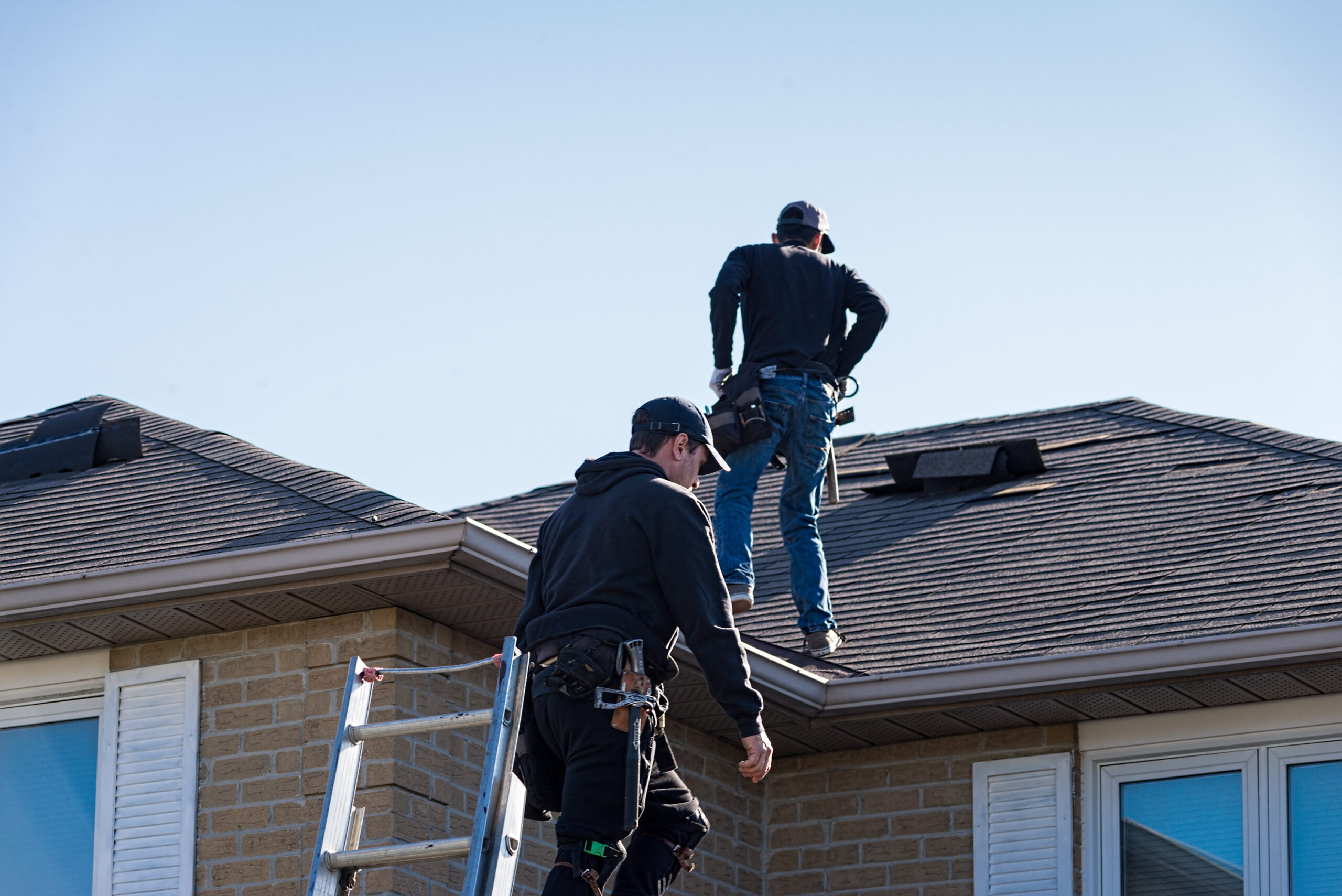
Homeowners insurance is essential for protecting your property and possessions from unforeseen events. However, many homeowners are concerned about potential increases in insurance rates if they file a roofing claim. We will explore the factors that can impact your insurance rates so you have the information needed to make the right decision for your home or business.
The location is crucial in understanding how homeowners insurance companies determine insurance rates. Insurance providers assess the risk associated with insuring a particular property, and the location of the property influences this. The likelihood of natural disasters, crime rates, and the overall cost of living in an area are some of the primary factors considered by insurance companies when determining insurance rates.
Areas that are prone to natural disasters like hurricanes, tornadoes, wildfires, or floods may have higher insurance rates because of the higher likelihood of property damage from these events. For example, suppose you live in a region that is susceptible to hurricanes. In that case, your homeowner’s insurance policy is likely to have a higher premium due to the increased risk of damage caused by high winds, heavy rains, and storm surges.
The cost of living in an area may also impact homeowners insurance rates. Areas with higher median home values, higher labor costs, and higher material costs for repairs may result in higher insurance rates. For instance, if you live in an area with a higher cost of living, your insurance rates may be higher because it would cost more to replace or repair your home.
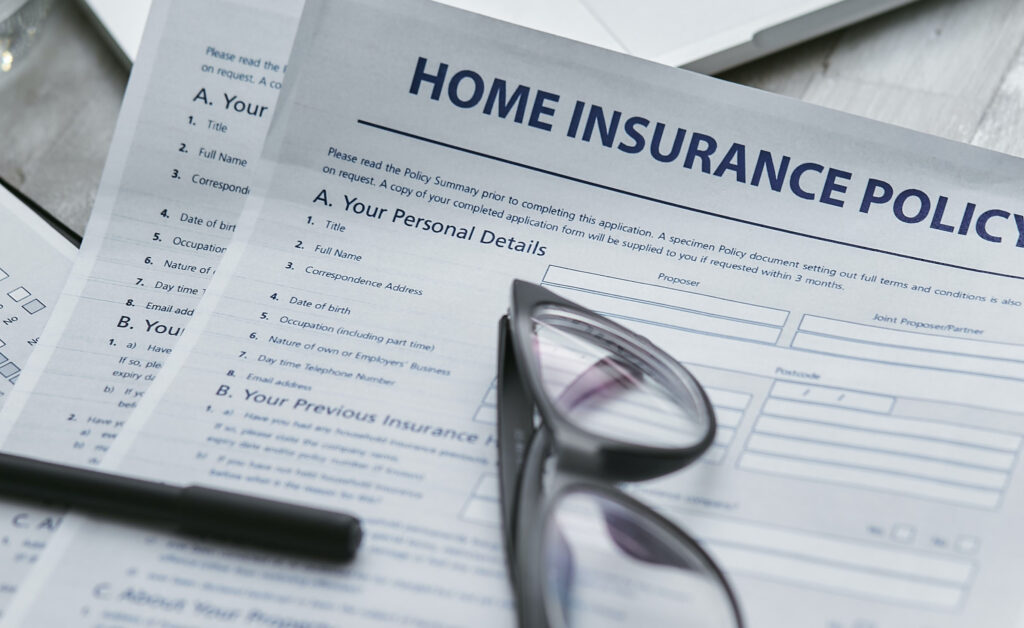
Natural disasters like hailstorms, windstorms, and storms can have a significant impact on your home, particularly your roof. When natural disasters occur, they can cause substantial damage to your roof, resulting in costly repairs or replacements. Insurance companies take into account the frequency and severity of natural disasters in your area when determining insurance rates.
If you live in a region that is prone to hailstorms, hurricanes, or other severe weather events, insurance companies may adjust their rates based on the increased risk of property damage. Insurance providers need to account for the potential claims they might receive from policyholders in these high-risk areas.
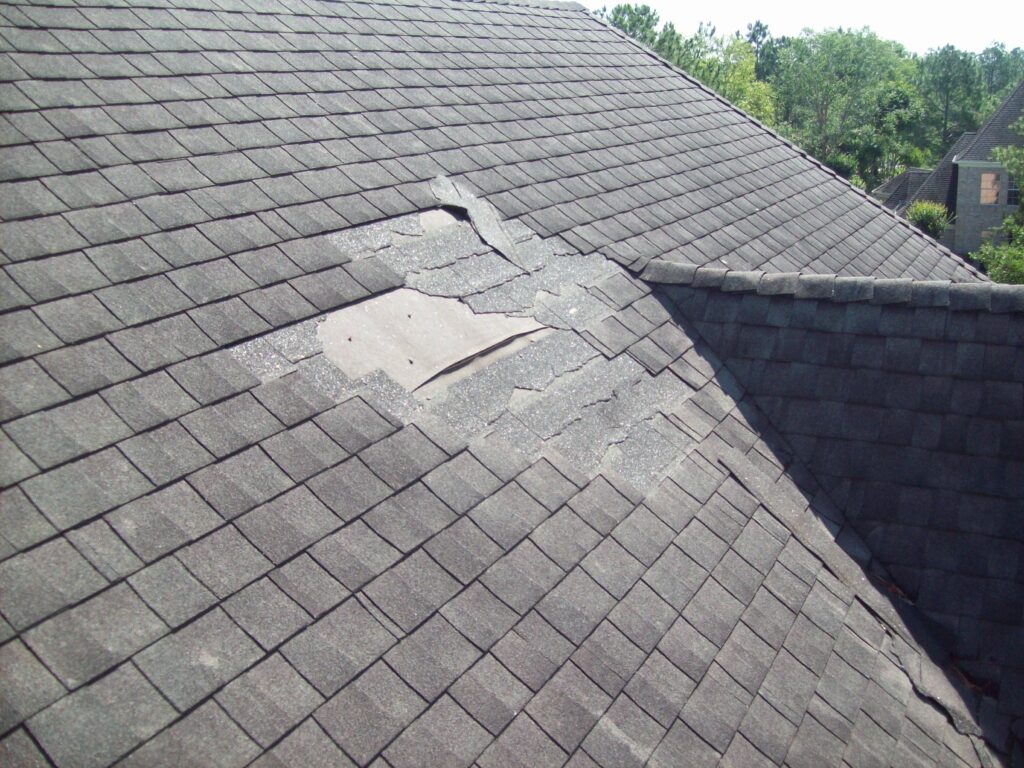
For example, if you live in an area frequently affected by hailstorms, insurance companies may increase your insurance rates. This is because hail can cause significant damage to your roof, requiring costly repairs or replacements. By adjusting rates, insurance providers are ensuring they have the necessary funds to cover potential claims from policyholders impacted by natural disasters.
The severity of natural disasters in your area is also a factor in determining insurance rates. If your region experiences frequent and severe storms with high winds, insurance companies may view your home as a higher risk and adjust the rates accordingly. High winds can cause roof damage, uproot trees, and lead to other property damage, resulting in potential insurance claims.
Insurance rate adjustments due to natural disasters are typically not applied to individual policyholders based on their specific claims history. Rather, these adjustments are made on a broader scale, considering the overall risk of the area.
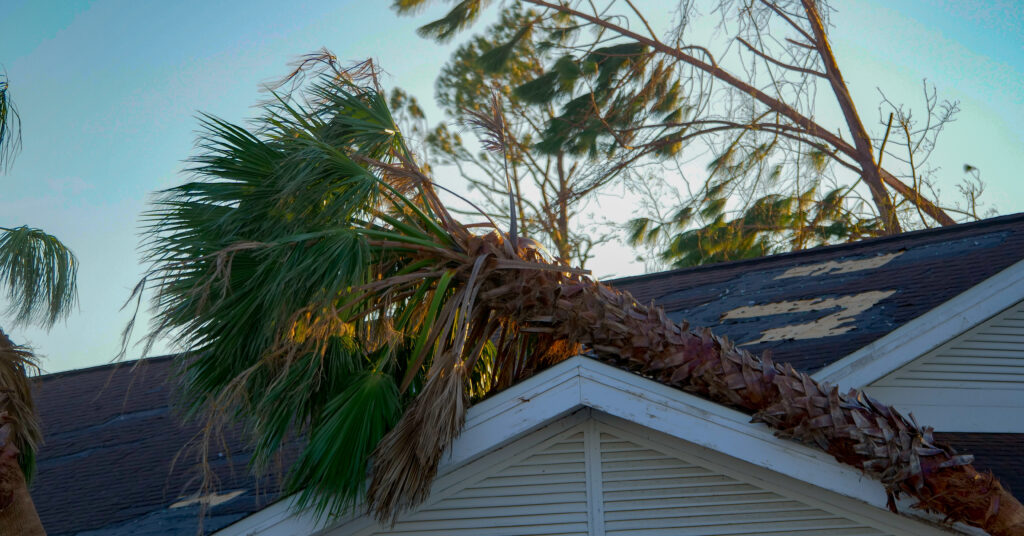
If you file a homeowners insurance claim but ultimately decide not to proceed with it, it is unlikely that your insurance rates will increase as a direct result of this action. Insurance companies typically evaluate rate increases based on the history of claims and the frequency of claims filed by policy holders. Simply filing a claim without proceeding with it does not usually have a negative impact on your rates.
Insurance companies understand that homeowners may sometimes file claims for various reasons, such as assessing the damage or considering the cost of repairs. They recognize that not all filed claims will result in approved payouts or require the policyholder to move forward with the claim. Therefore, the act of filing a claim itself is not the sole factor that determines rate adjustments.
However, it is important to note that insurance companies make rate adjustments based on the overall risk assessment of the policyholder and the property. If you have a history of filing multiple claims, regardless of whether you proceed with them or not, it could potentially lead to higher rates in the future. Frequent claims may indicate a higher risk profile, which could prompt insurance companies to adjust rates accordingly.
Additionally, if you have a history of filing fraudulent claims or intentionally abusing the claims process, it can have severe consequences for your insurance rates and coverage. Insurance companies take fraudulent claims very seriously, and such actions can result in policy cancellations or non-renewals, as well as potential legal consequences.
Storm Guard is a reliable roofing and restoration service provider that aims to simplify the roofing claim process. Dealing with insurance claims can be a daunting and time-consuming task, but with Storm Guard’s assistance, this process can become smoother and faster.
Storm Guard offers expertise in dealing with insurance companies, which can be beneficial when navigating the insurance claim process. By partnering with Storm Guard, we can provide valuable support and guidance to alleviate the burden of homeowners’ claims by providing assistance in obtaining insurance approval and minimizing your out-of-pocket expenses.
Our professionals are committed to customer satisfaction and quality workmanship. With over 20+ years of experience, Storm Guard focuses on delivering high-quality services without compromising on standards. We guarantee professional installation, use superior products and materials, and have highly trained workers and expert project managers. Moreover, we customize each installation to meet your specific needs.
As one of America’s top roofing franchises, we have built a strong reputation by acting with integrity and maintaining a high level of professionalism. With consistent five-star ratings and reviews, an A+ BBB rating, and a helpful and knowledgeable sales team, we strive to provide personalized customer service from start to finish.
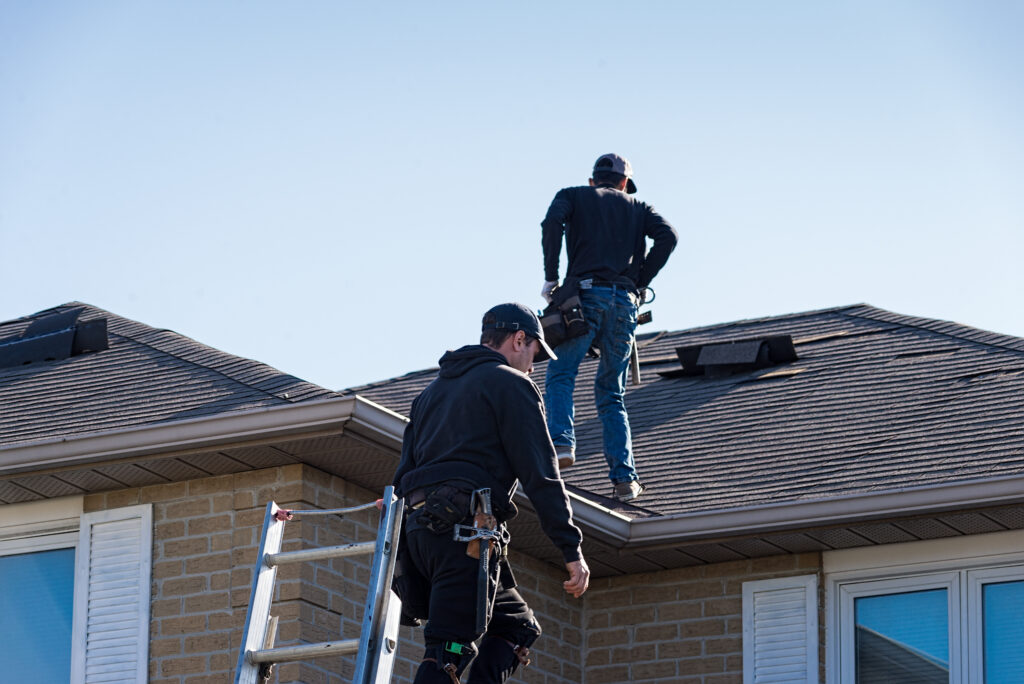

But some smells require more attention than others because they can cause health problems, fires, or even death. Let’s take …

As the seasons change and the weather turns colder, many homeowners find themselves facing a common issue – cold and …
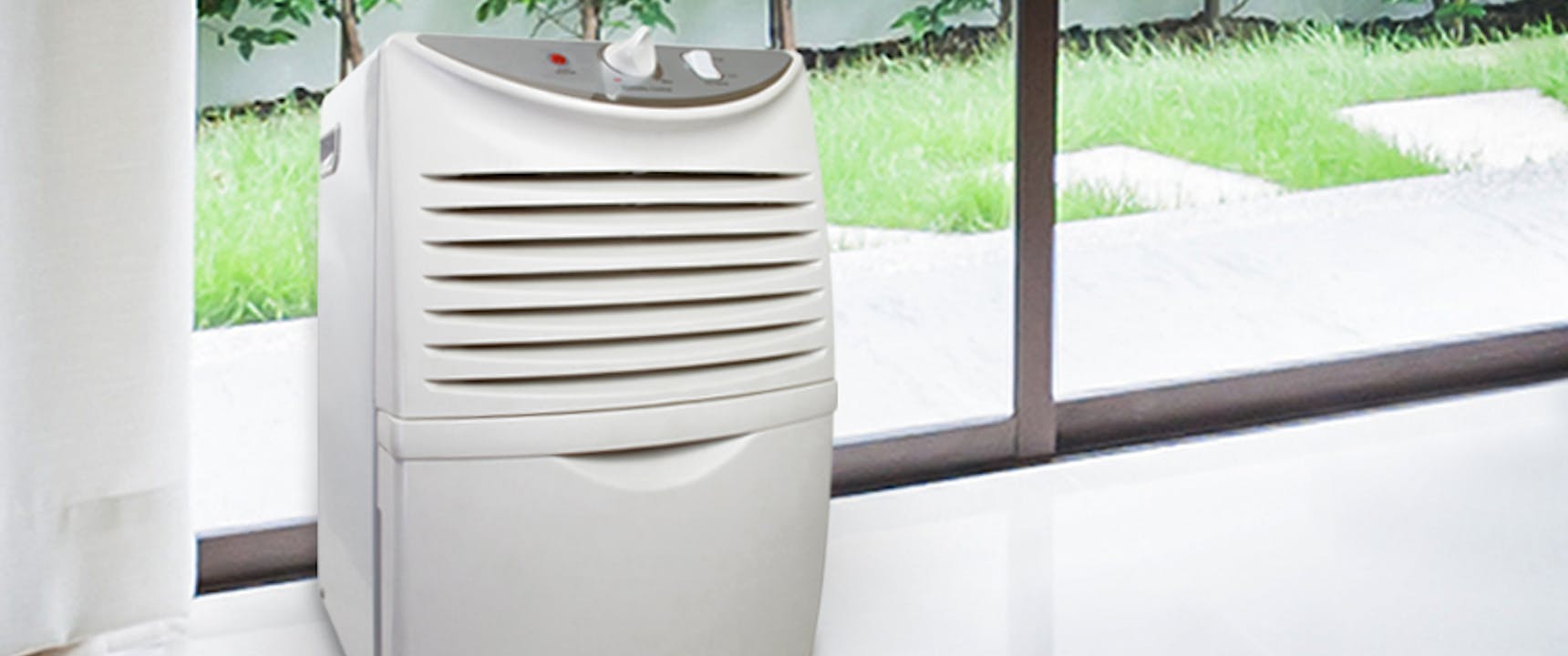
Depending on the amount of moisture in your home, a dehumidifier might be just what you need to fix those …
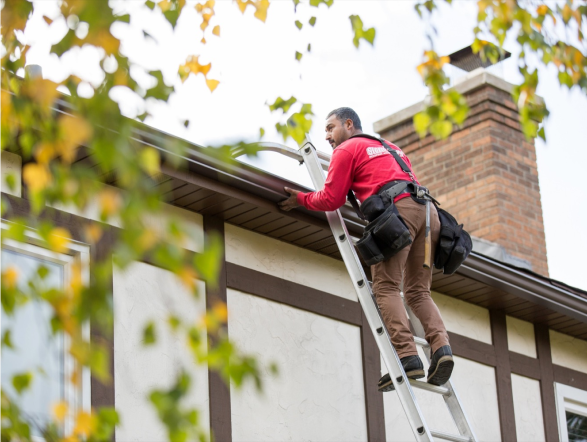
Minor cracks in your roof can lead to leaks, molding, and higher energy costs. Small dents, soft spots, and loose …
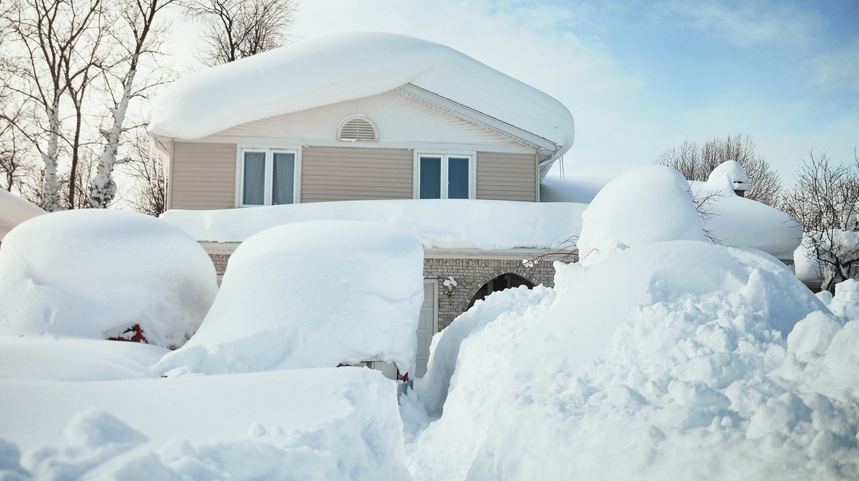
There are a few ways to keep your home in the best shape for severe winter weather, so make sure …
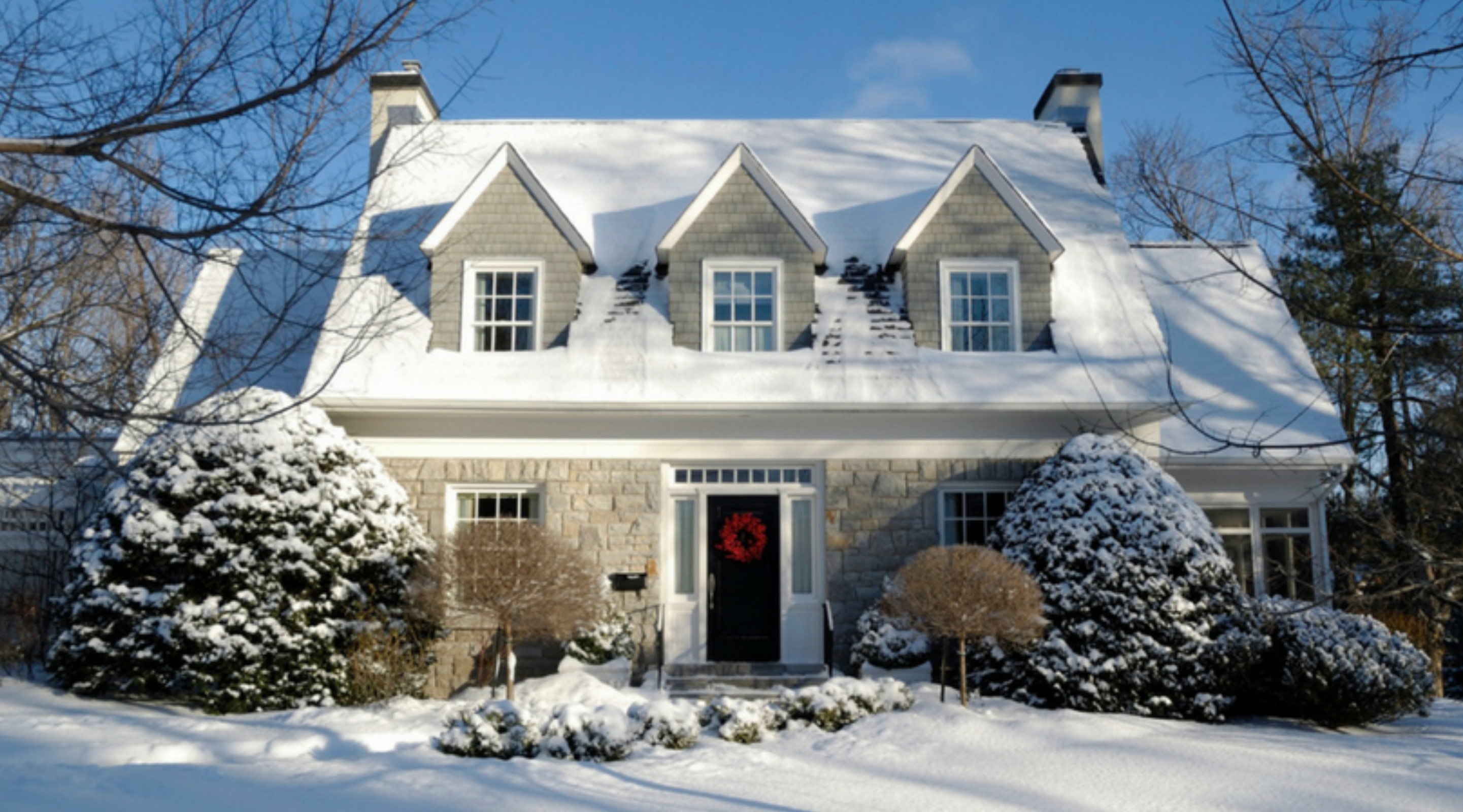
As the temperatures start to drop here in Wisconsin, we begin to think about buttoning up our homes so we …